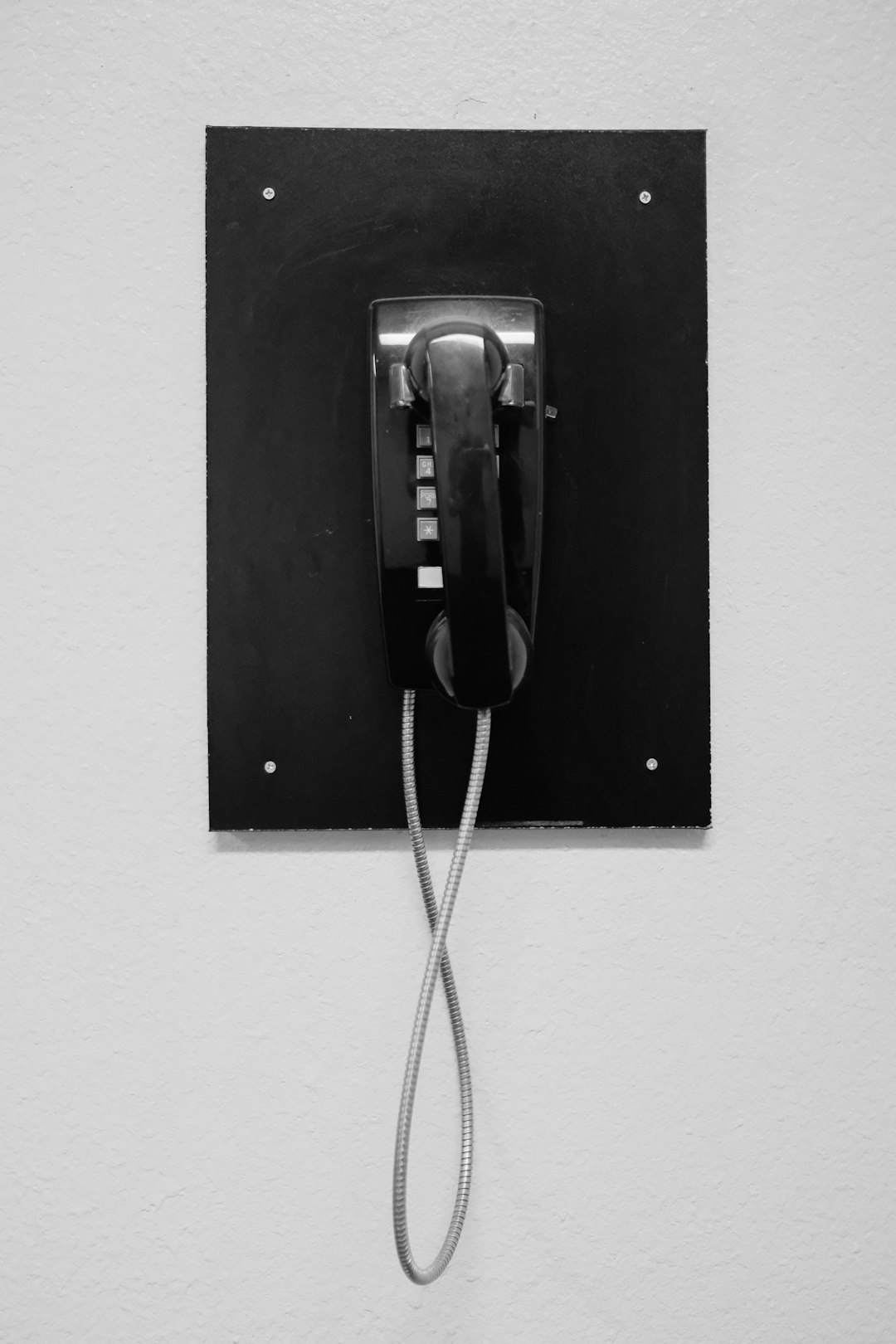Californians facing robocalls have legal protection and robust tools at their disposal. The Telephone Consumer Protection Act (TCPA) and California's Consumer Privacy Law restrict automated calls, with call-blocking apps offering advanced features to identify and block unwanted callers. Top-rated apps provide call screening, custom blocking lists, and privacy insights. Engaging a robocall lawyer California ensures compliance with state regulations and offers additional protection against fraudulent calls, leveraging technology and legal expertise for effective nuisance call combat.
“In California, where privacy laws are stringent, understanding and combating robocalls have become paramount for residents. With countless unwanted calls from telemarketers and scammers daily, finding an effective solution is crucial. This article guides Californians through the complex world of robocalls, offering a comprehensive overview of the best roocall-stopping apps for both iPhone and Android devices. We explore legal perspectives, privacy protections, and even delve into Consumer Reports’ evaluations to ensure your choice aligns with robust security. Additionally, we look ahead to the future of robocall legislation in California, highlighting the ongoing efforts of a robocall lawyer to protect residents.”
Understanding Robocalls in California: Legal Perspective

In California, robocalls are regulated by state and federal laws designed to protect consumers from unsolicited calls. The Telephone Consumer Protection Act (TCPA) restricts automated telephone marketing calls, including robocalls, and requires call recipients’ prior express consent before receiving such calls. Additionally, California’s Consumer Privacy Law further safeguards residents from unwanted communication by empowering them to block phone numbers and restrict the sale of personal data for telemarketing purposes.
Robocall lawyers in California play a crucial role in navigating these legal complexities. They help consumers understand their rights under the TCPA and state laws, offering guidance on how to file complaints against violators. These attorneys also assist in securing damages for individuals who have suffered financial or emotional harm due to intrusive robocalls, ensuring that Californians can take legal action against aggressive telemarketing practices.
Top Robocall Blocking Apps for iPhone and Android

For Californians facing a deluge of unwanted robocalls, there’s hope in the form of robust call-blocking apps available on both iPhone and Android devices. These apps have become indispensable tools in the ongoing battle against aggressive telemarketers and fraudulent calls, offering peace of mind and a significant reduction in annoying interruptions.
On iOS, applications like CallBlock and TrueCall stand out for their advanced features and user-friendly interfaces. CallBlock employs machine learning to identify and block robocalls, while TrueCall provides a comprehensive database of known scam numbers. For Android users, apps such as Hiya and NoCall are top choices. Hiya not only blocks robocalls but also offers insights into the identity of callers, enabling users to make informed decisions. NoCall takes a unique approach by allowing users to report spam calls, contributing to an ever-growing database that helps protect other Californians from unwanted legal robocalls.
How These Apps Protect Your Privacy Rights

These apps are designed with one primary goal: to protect your privacy rights as a California resident by blocking unwanted robocalls. They work by utilizing advanced technology to identify and filter out automated phone calls, ensuring that your personal information remains secure. With just a few simple settings, users can customize their call preferences, allowing them to decide which numbers are safe and which should be blocked instantly.
Many of these apps also offer additional features like call recording and identification, giving you control over your communication. Moreover, they often provide insights into the types of robocalls circulating in California, empowering residents with knowledge and awareness. By using these tools, individuals can take proactive measures to safeguard their privacy and peace of mind against relentless robocallers, all while enjoying the convenience of a more serene communication environment.
Consumer Reports: Evaluating Anti-Robocall Software

According to Consumer Reports, evaluating anti-robocall software involves considering several key factors crucial for effective protection against unwanted automated calls. The organization recommends looking at call blocking capabilities, accuracy in identifying and stopping robocalls, ease of use, and privacy considerations. Among the top-rated apps, many offer advanced features such as intelligent call screening, custom blocking lists, and real-time call analysis to identify and block spam.
For Californians seeking robust protection against robocalls, engaging a robocall lawyer can be a strategic step. Legal experts specializing in telecommunications law can guide individuals on the best software options, ensuring compliance with state regulations and providing additional safeguards against fraudulent calls. With the proliferation of sophisticated spamming techniques, combining advanced technology with legal expertise offers Californians a comprehensive approach to combating nuisance robocalls.
The Future of Robocall Legislation in CA

In California, the future of robocall legislation looks promising as regulatory bodies continue to tighten rules to protect residents from unwanted automated calls. With a growing awareness of the impact of robocalls on public safety and mental health, there’s a concerted effort to empower Californians with tools to combat this nuisance. One significant development is the implementation of stricter do-not-call lists and enhanced enforcement mechanisms by state authorities.
Additionally, a robocall lawyer California can play a pivotal role in navigating these evolving legal landscapes. These legal experts help ensure that businesses and call centers comply with California’s stringent consumer protection laws, such as the California Consumer Privacy Act (CCPA). By understanding the latest legislative trends, Californians can better protect themselves and take proactive measures against robocalls, fostering a more peaceful and less disruptive communication environment.






